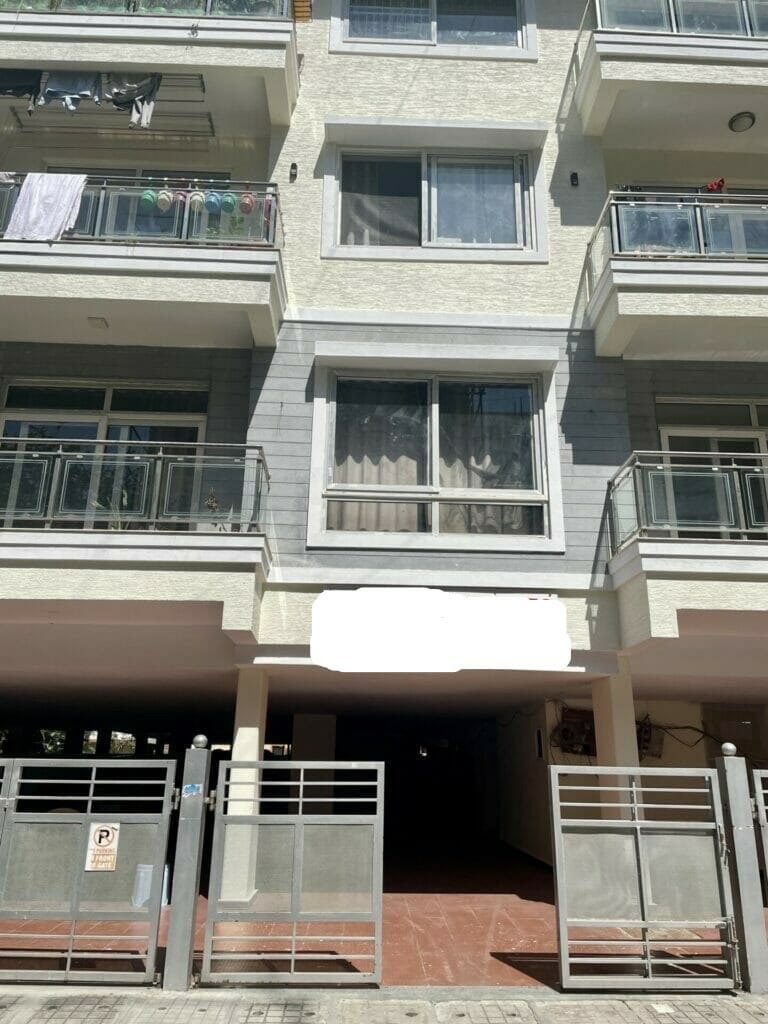The rapid growth of apartment complexes in Bengaluru reflects the soaring urban housing demand. Stringent housing regulatory frameworks are essential for the balanced growth of the real estate sector. Currently, the apartment regulatory landscape in Karnataka is the cause of jurisdictional confusion and legal disputes. So, it is important to highlight the legal and practical challenges faced by apartment owners and associations. This assumes importance in the light of speculations of a proposed new legislative framework to govern apartments in the State.
Housing laws in Karnataka
- The Karnataka Cooperative Societies Act, 1959 (hereinafter referred to as KCSA, 1959): The Act was brought into force to revise the Co-operative Societies Act, in force in different states, to bring about a degree of uniformity in the legislation governing cooperative societies throughout the country.
- The Karnataka Societies Registration Act, 1960 (hereinafter referred to as KSRA, 1960): The law was enacted to have a uniform law for the registration of literary, scientific, charitable and other societies in the State. Section 3 of the Act specifies the list of societies that can be registered under the Act.
- The Karnataka Apartment Ownership Act 1972 (“KAOA”): This law was enacted to provide for the ownership of an individual apartment in a building and to make such an apartment heritable, transferable and mortgageable property in Karnataka.
- The Karnataka Ownership Flats Act 1972 (“KOFA”): This law was enacted to regulate the process of promotion, construction, sale, management, and transfer of apartments until the enactment of the Real Estate (Regulation and Development) Act in 2016. KOFA also places responsibility on the builder to register these residential flats when the minimum number of flats has been occupied as prescribed.
- Real Estate (Regulation and Development) Act, 2016: This law provides for the establishment of the Real Estate Regulatory Authority to regulate and promote the real estate sector and ensure the sale of plots, apartments or buildings, among other functions prescribed under this Act.
Confusing regulatory landscape
The Karnataka Apartment Ownership Act, 1972 (“KAOA, 1972”) and the Karnataka Ownership Flats Act, 1972 (“KOFA, 1972”) are fraught with legal and administrative challenges that the apartment owners face. There is general confusion about the legislation under which apartment owners’ associations must be registered.
- Although the KAOA provides for the registration of owners’ associations, it does not prescribe any timelines for the registration of such associations.
- Presently, there are multiple laws in place and each of these laws have inherent lacunae that add to the lack of clarity on the relevant legislation applicable.
- The lack of clarity and confusion surrounding the apartment laws have led to a lot of legal conflicts. This means that the present legal and policy landscape in Karnataka pertaining to apartment ownership is fraught with jurisdictional and legal confusions leading to conflicts and disputes.
Read more: Info Hub: Buying, renting, owning property in Bengaluru

Challenges faced by apartment owners
Land transfer issue:
- Most apartment land transfers from the builder/landowner to owners have not taken place as per KAOA, 1972.
- KOFA, 1972 (Section 11) mandates the builder to complete the title transfer, but this is often ignored.
Association registration gaps:
- Builders are not required to register associations under KAOA, 1972—owners must do it.
- Many owners either don’t form associations or register them incorrectly under the Karnataka Societies Registration Act, 1960.
Impact of misregistration:
- Misregistered societies cannot legally receive land from builders as per KAOA, 1972.
- Societies lack independent legal identity, unlike companies or properly registered apartment associations.
Legal and liability issues:
- Societies cannot go to court or be sued as a single entity.
- Legal action targets individual committee members, making them personally liable for issues like accidents in common areas.
Issues on title and ownership:
- Lack of transparency in the process of updating property ownership in government records after ownership is transferred. This leads to disputes specifically over the undivided share of land.
- Opacity in the mutation process also leaves room for disputes over ownership.
In the absence of clear legal mechanisms, disagreements can escalate into prolonged litigation, delaying projects and eroding trust among stakeholders.
(Based on findings presented at the Oorvani Foundation Policy Jam on ‘Apartment Association Laws’, conducted on November 23, 2024, in collaboration with Bangalore Apartment Federation and Vidhi Legal)